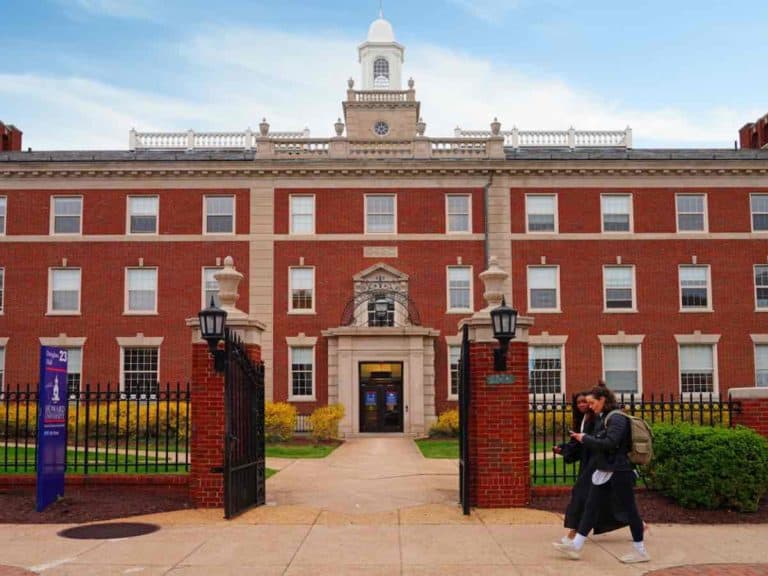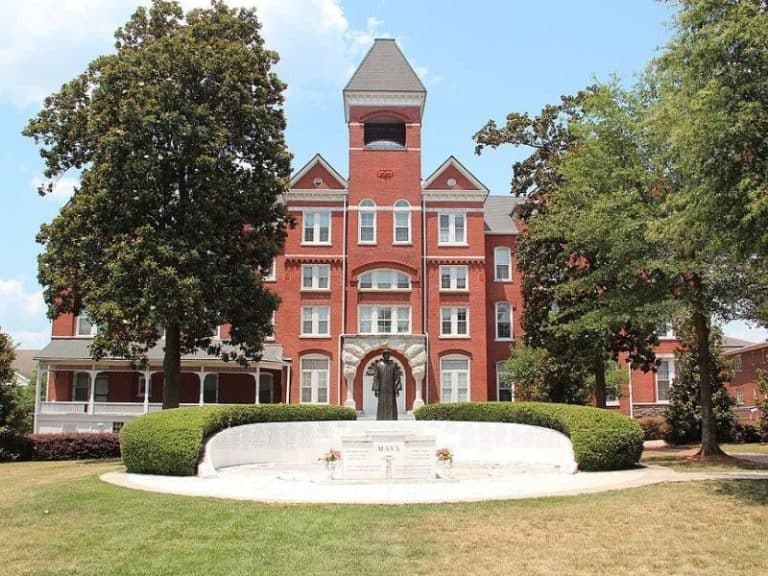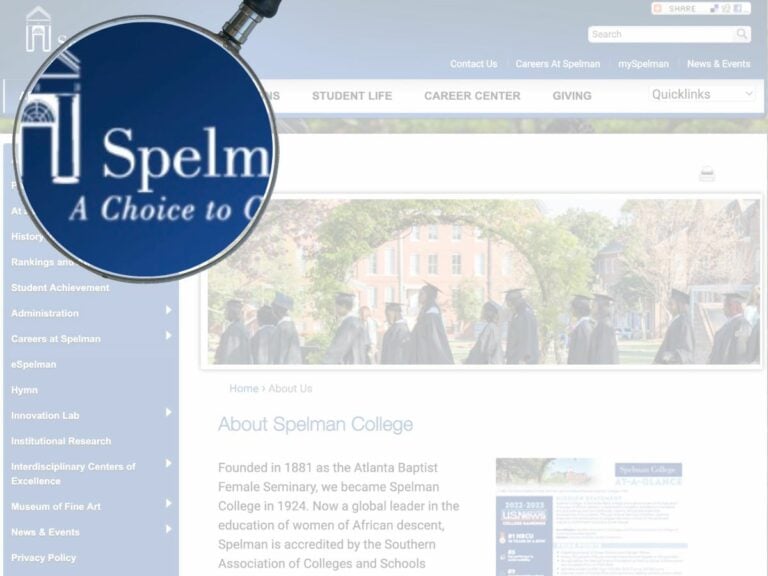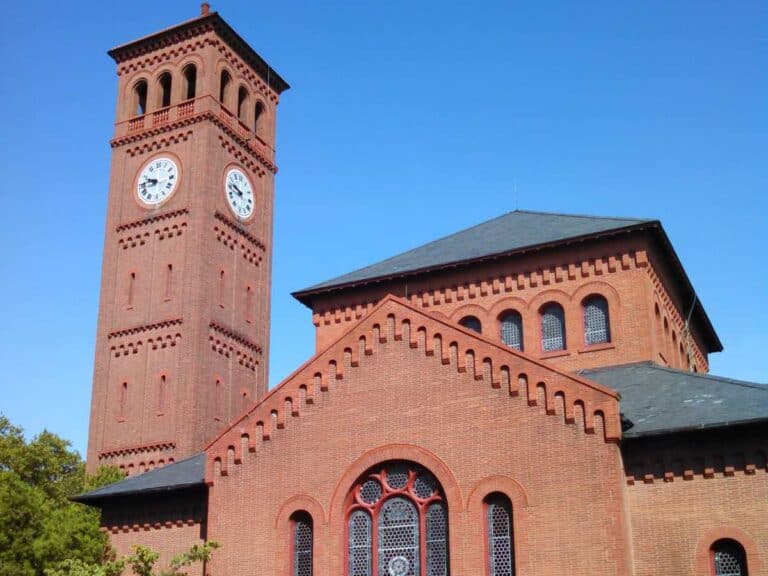Pros and Cons of Going to HBCU
For centuries, most top colleges in the USA have denied admission to minorities. However, things have changed significantly in the last 50 years, and most universities try to balance freshman classes so that they represent the entire country vs. one part of the population.
Let’s kick things off by answering this question many students feel too shy to ask…
What are HBCUs Known For?
HBCUs are known for helping African-American students as well as students of various racial and ethnic backgrounds access affordable and quality higher education. They help meet the needs of low-income, first-generation students, many of which are underprepared for and underrepresented in college.
Many students find going to HBCUs attractive because of these institutions’ history and legacies — HBCUs have educated many influential individuals, such as Martin Luther King Jr. and the first female Vice President, Kamala Harris.
It’s no secret, too, that HBCUs tend to have tight alumni networks, which can come in handy for graduates looking for employment opportunities.

It doesn’t come as a surprise since it’s not uncommon for HBCUs to have less than 5,000 students (some report having 2,500 enrollees or fewer), which helps form strong relationships.
This is also the reason why it is said that HBCU homecomings are some of the best. Their homecomings tend to attract famous people who were once their students. For instance, North Carolina A&T State University’s 2018 homecoming featured Cardi B, a famous rapper born and raised in The Bronx.
Historically black colleges are also known for offering some of the best medical schools. Howard University, an HBCU located in Washington, DC, is widely considered as one of the country’s leading medical schools.
And this leads us to this important medical school-related question…
How Many Black Doctors Graduated From HBCUs?
More than 80% of African-American doctors in the US these days graduated from two HBCUs with medical programs: Howard University and Meharry Medical College. Only 4% of doctors in the country are blacks. Xavier University of Louisiana produces the most African-American medical school graduates.
There are various HBCUs offering medical programs. However, only a handful of them are known to offer the best medical programs, and the majority of today’s black doctors earned their medical degrees from them.
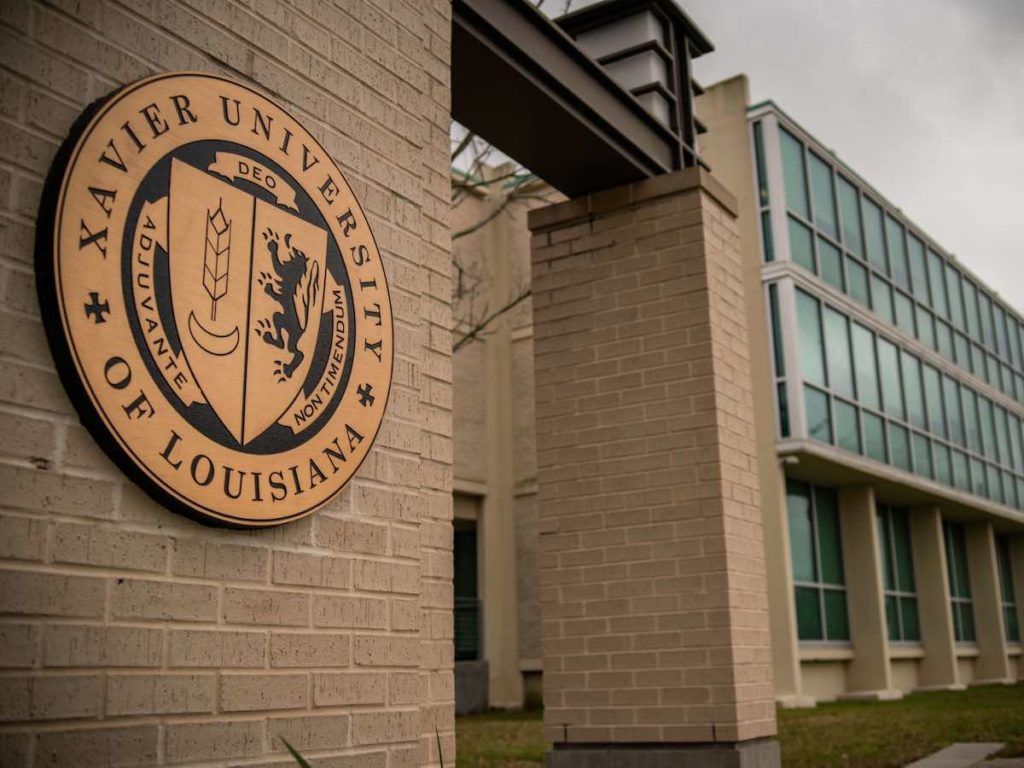
Graduating from medical school is only the first step. To be able to apply for a medical license and practice medicine legally in the US, medical school graduates have to take and successfully pass the United States Medical Licensing Examination (USMLE). Also known as the step exams, the USMLE consists of three sets of board exams.
It’s because of these rigorous exams why it’s a good idea to attend a good medical school.
Luckily, there are numerous historically black colleges whose medical programs are admired and respected. Needless to say, you should consider applying to any one of them if you want to be an HBCU graduate and a licensed medical doctor one day. Some of the best HBCU medical programs come from the following:
- Howard University. There is no denying that Howard University College of Medicine (HUCM) at Howard University is one of the top medical schools in the nation. It was founded in 1868, which makes HUCM the oldest HBCU medical school in the history of US medical schools. The medical school offers a curriculum that can result in four medical degrees. They are Doctor of Medicine (MD), Doctor of Philosophy (Ph.D.), Master of Science (MS), and Master of Public Health (MPH).
Read review of Howard University here.
- Meharry Medical College. The medical school of Meharry College, which was established in 1876, consists of three different departments. They are the School of Medicine, School of Dentistry and School of Graduate Studies and Research. Medical degrees students can complete from Meharry Medical College include: Doctor of Medicine (DM), Doctor of Dental Surgery (DDS), Master of Science in Public Health (MSPH), Master of Health Science (MHS), and Doctor of Philosophy (Ph.D.).
- Morehouse College. The medical school of Morehouse College, Morehouse School of Medicine, is a relative newcomer in the world of HBCUs with medical programs. That’s because it was established only in 1981. Before that, the school’s medical programs were only two-year degrees. These days, Morehouse School of Medicine offers full medical education that’s fully accredited by all necessary accrediting bodies. It offers programs such as Doctor of Medicine (DM), Master of Public Health (MPH), and Biomedical Science graduate degrees.
- Charles R. Drew University. It was only in 1966 when Charles R. Drew University of Medicine and Science was established. It was created as a response to the insufficiency of medical facilities after the Watts Riots of 1965, a chain of violent confrontations for six days between LA police and Watts residents and various predominantly black neighborhoods of South-Central LA. Besides Doctor of Medicine (MD) and Master of Public Health (MPH), the school also offers pre-med, nursing and healthcare-related certificate programs.
- Xavier University of Louisiana. Although it doesn’t have a medical school, Xavier University of Louisiana offers an assortment of pre-med programs. These programs help prepare students in applying to professional degree programs in various health-related fields. Some of them include medicine, osteopathic medicine, optometry, podiatry and dentistry. As earlier mentioned, Xavier University of Louisiana is known to produce the majority of African-American medical school graduates in the US.
While there are HBCUs that produce the majority of the country’s African-American doctors, there are also non-HBCUs with medical schools that have a lot of black students taking medicine programs. They are:
| SCHOOL | AFRICAN AMERICAN MEDICAL STUDENTS |
|---|---|
| East Carolina University | 17% |
| University of Chicago | 17% |
| Emory University | 16% |
| University of California – Los Angeles | 14% |
| Duke University | 12% |
| Eastern Virginia Medical School | 12% |
| Ohio State University | 12% |
| University of Connecticut | 12% |
| Rutgers Robert Wood Johnson Medical School | 11% |
| Temple University | 11% |
Are HBCUs More Expensive Than non-HBCUs?
In general, attending an HBCU is cheaper than attending most colleges. As a matter of fact, according to College Data, the majority of HBCUs in the country have managed to stay below the national average. The average tuition and fees at HBCUs amount to $7,117. The national average is $20,770.
When it comes to choosing a college or university to apply to, the COA is the second most important factor students take into account — the first is the academic majors available.
HBCUs can be either private or public.
If you plan to attend a private HBCU, expect to pay the same tuition and fees as everybody else, and it doesn’t matter if you live in the same state as the school’s location or elsewhere. It’s because private schools, HBCUs or not, do not have lower in-state tuition and fees and higher out-of-state tuition and fees.
Let’s take a look at the top five cheapest private HBCUs and their respective tuition and fees:
| SCHOOL | TUITION AND FEES |
|---|---|
| Simmons College | $8,004 |
| Southwestern Christian College | $8,131 |
| Paul Quinn College | $9,125 |
| Selma University | $9,380 |
| Clinton College | $10,020 |
As mentioned earlier, it’s possible to enjoy lower tuition and fees at a historically black college just by being a resident. In-state tuition, more often than not, can be more than two or three times lower than out-of-state tuition at a public institution, whether an HBCU or otherwise.
Check out the top five cheapest public HBCUs and their respective in-state and out-of-state tuition and fees:
| SCHOOL | IN-STATE | OUT-OF-STATE |
|---|---|---|
| Elizabeth City State University | $3,260 | $7,260 |
| University of the Virgin Islands | $5,235 | $14,496 |
| Fayetteville State University | $5,274 | $16,882 |
| Harris-Stowe State University | $5,484 | $10,116 |
| Albany State University | $5,934 | $16,656 |
While there are affordable HBCUs, there are also expensive HBCUs. The majority of them are private institutions. Many of these costly HBCUs also tend to rank high in various college rankings. Still, generally, a lot of the most expensive HBCUs out there have tuition and fees easier on the pocket than the tuition and fees of most US colleges and universities.
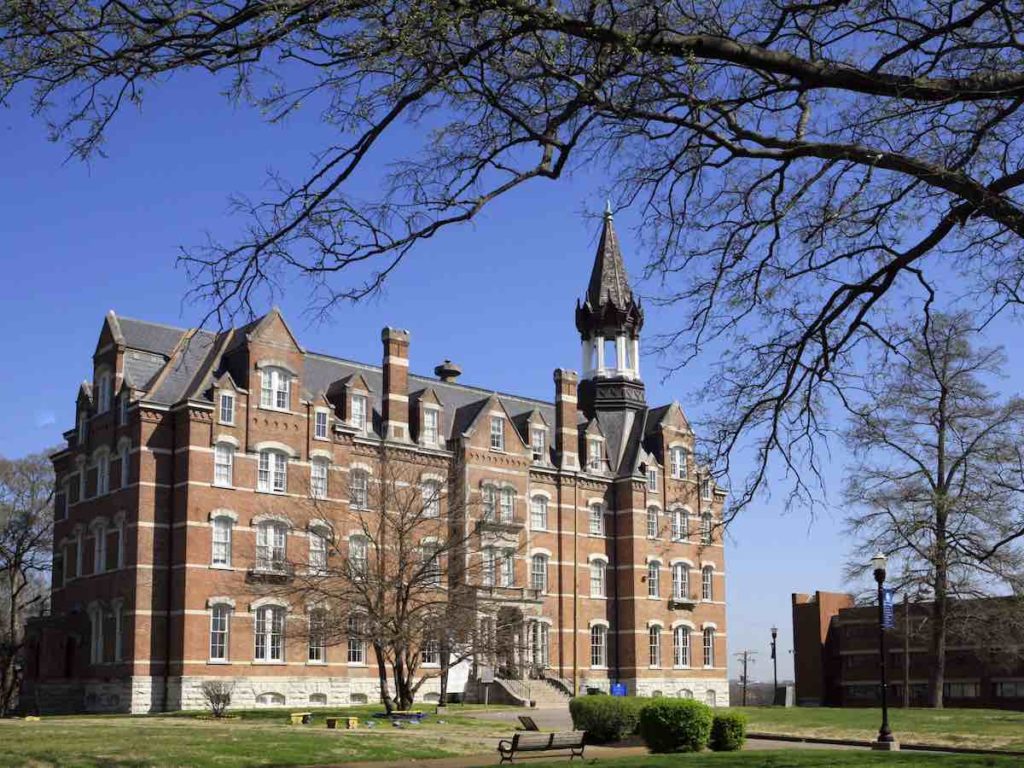
Here’s a listing of the 10 of the most expensive private HBCUs and their tuition and fees, too:
| HBCU | TUITION AND FEES |
|---|---|
| Spelman College | $29,972 |
| Morehouse College | $29,468 |
| Hampton University | $29,312 |
| Howard University | $28,440 |
| Prairie View A&M University | $26,398 |
| Xavier University of Louisiana | $25,822 |
| Tuskegee University | $22,614 |
| Fisk University | $22,132 |
| Clark Atlanta University | $21,695 |
| Oakwood University | $19,990 |
HBCU Funding
Simply put, school funding is the money provided by the government to finance the operation of a school. It may also come from fundraisings held by college and university administrators or the parents of students. Similarly, a school may receive donations (sometimes referred to as “gifts” or “bequests”) from generous friends and alumni members.
For a long time already, HBCUs have faced disadvantages in receiving funds and growing their endowments.
As a matter of fact, school districts serving predominantly black and brown neighborhoods receive around $23 billion less in funding than their white counterparts.
The federal government dispenses approximately $1 billion to HBCUs. It does so through a mix of a total of 15 programs, such as research and development contracts and Pell Grants — up to 70% of HBCU students count on Pell Grants to stay in school. To make education accessible, most HBCUs lower their tuition and fees and offer substantial financial aid.
According to higher education experts themselves, HBCUs have been underfunded for many decades now. They stress that billions of state funding that should have been given to HBCUs have been diverted for other purposes.
But, thanks to the Biden administration and its American Rescue Plan, HBCUs have new funding that can potentially triple what they tend to get every year. The said plan will provide all of the nation’s historically black colleges with $1 billion immediately, plus another $1.6 billion before 2021 ends.
President Joe Biden’s goal is to build HBCUs up better than they were before.
HBCUs themselves have been doing everything they can to increase their endowments in order to make up for the drop in enrollments for the past few decades, which is responsible for the closing of a handful of HBCUs.
Failure to enroll a lot of students creates a vicious circle: the lesser the enrollments, the lower the revenues; and the lower the revenues, the lesser the enrollments. A decrease in funds is also responsible for one of the downsides of going to an HBCU, which is none other than decreased chances of getting a scholarship.
They say that the combined endowments of the 101 remaining HBCUs in the country are still 10% less than the endowment of the richest school in the US and the rest of the planet: Harvard University.
Currently, it has an endowment of $38.3 billion, courtesy of the school’s nearly 400 years of existence and wealthy alumni donating money and buildings.
Harvard is so rich that it can afford to make its COA less than the COA of a state school for 90% of its students.
To give you a much better idea of the endowment gap, check out this ranking of HBCU endowments:
| SCHOOL | ENDOWMENT |
|---|---|
| Howard University | $692.8 million |
| Spelman College | $390.4 million |
| Hampton University | $282.5 million |
| Meharry Medical College | $159.1 million |
| Morehouse College | $145 million |
| Florida A&M University | $98.2 million |
| University of the Virgin Islands | $71.6 million |
| North Carolina A&T State University | $68.4 million |
| Tennessee State University | $61.1 million |
| Virginia State University | $57.3 million |
After getting acquainted with funding matters, let’s get to know the pros and cons of going to both schools…
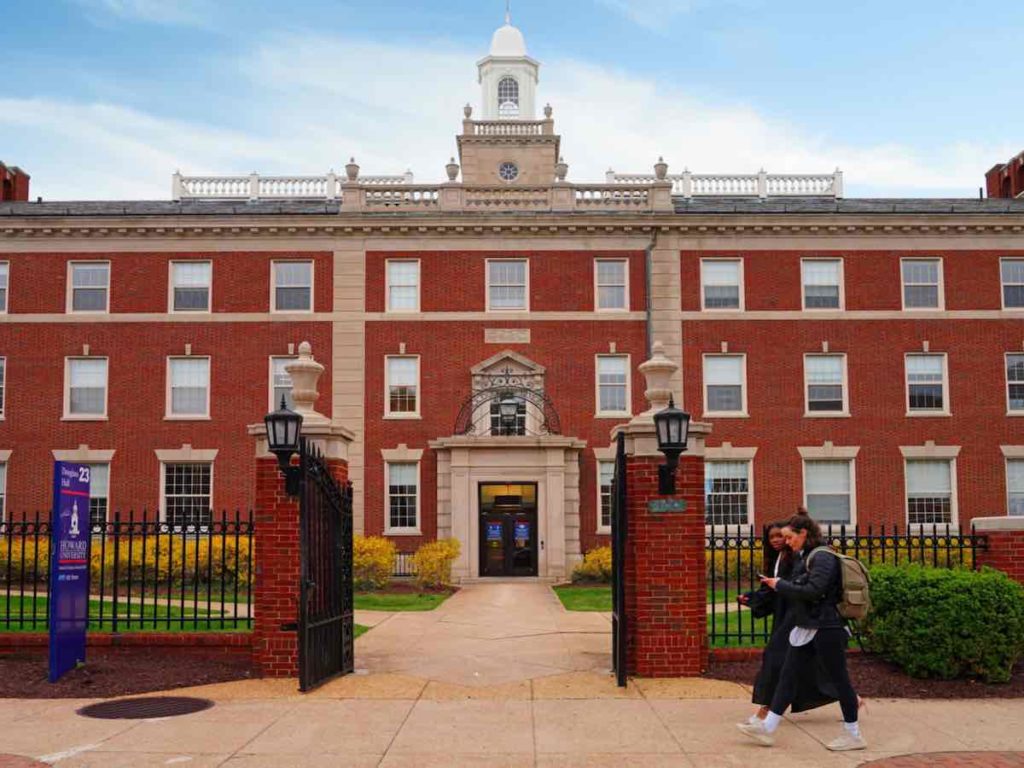
Pros and Cons of Going to an HBCU
Before applying to an HBCU, the importance of weighing the pros and cons of attending it cannot be stressed enough. This is to avoid transferring to another college if you are not happy with the entire experience.
About one-third of all college students will swap institutions before earning their degrees.
As a matter of fact, the 44th president of the US, Barack Obama, transferred from Occidental College to Columbia University in 1981.
While you can also do the same, it can cause you to encounter unnecessary stress, anxiety and costs.
By taking your time before you apply to a historically black college, transferring to another school can be avoided. You can also keep employers from wondering why you swapped colleges.
Let’s check out some of the pros of attending an HBCU:
- Intimate settings. Traditional schools are accepting more and more African-American students as well as those from other racial and ethnic backgrounds in the name of diversity. Unfortunately, this causes the number of students going to HBCUs to drop. But this is something that HBCU students can benefit from. With smaller classes, they can build better relationships with their classmates and professors, too.
- Cheaper tuition. Despite what they’re called, many of today’s HBCUs are not predominantly black. One of the reasons for such is that many students, especially those from low-income families, apply to HBCUs to take advantage of lower tuition and fees. As mentioned earlier, generally speaking, the COA for HBCUs is lower than the national average. Attending in-state public HBCUs helps make earning a degree easier on one’s pocket.
- Empowering environment. Originally, HBCUs were created to make higher education, which used to be accessible to whites only, available for African-Americans dreaming of earning degrees. These days, HBCUs are admitting not only blacks but also whites and everybody else. With their diverse student population, anyone who feels underrepresented at traditional colleges and universities will feel at home and empowered at HBCUs.
And now, let’s take a look at some of the pros of going to a historically black college comes with:
- Fewer financial resources. Earlier, the fact that HBCUs are underfunded was mentioned. It’s for this reason exactly why not all students attending HBCUs may receive financial aid — those who do may not receive enough. However, the cheaper HBCU tuition and fees make up for this offshoot of insufficiency in funding.
- Inadequate dorm facilities. Because of lack of funds, it doesn’t come as a surprise why most HBCU dorms are not getting rave reviews. As a matter of fact, many classrooms are in dire need of upgrading, too.
Conclusion
While there are many benefits that come with going to a historically black college, there are also a few downsides associated with it.
In the end, the best college for you is the one that can provide the major of your preference and the college experience of your liking.
Read Next: What is the Common Black College Application?
Disclaimer: The views and opinions expressed in this article are those of the authors and do not necessarily represent those of the College Reality Check.
